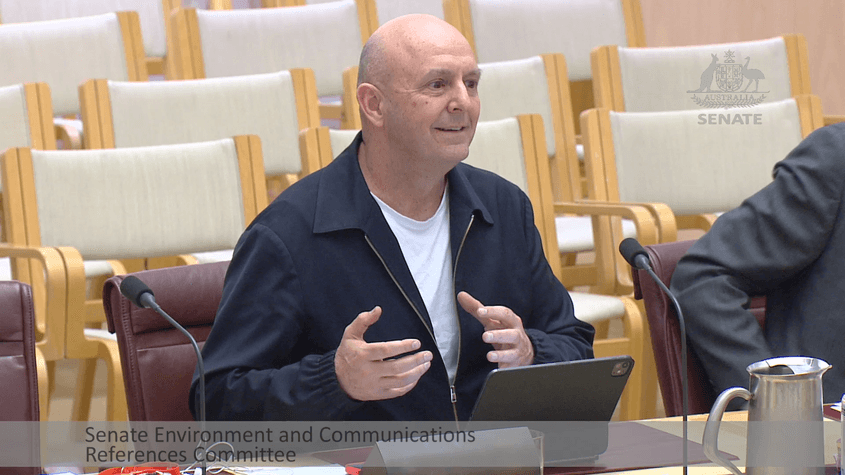Senior public servants and experts have faced questions by senators in an inquiry into Australia’s first National Climate Risk Assessment.
Wed 17 Sep 2025 00.00

Senior public servants and experts have faced questions by senators in an inquiry into Australia’s first National Climate Risk Assessment.
The report – which has been described as “terrifying” by crossbenchers who were briefed on it last year – says the homes of 1.5 million Australians living near the coast are under threat, and predicts a surge of more than 400% in deaths related to heatwaves in some of Australia’s most populous cities.
However, experts have highlighted limitations in the report, including on the economic modelling.
“What you see in that report is the best-case scenario,” Richard Denniss, Executive Director of the Australia Institute, told the inquiry.
Dr Denniss, who has a PhD in macroeconomic modelling, said the figures in the report are a “minimum cost”.
“I can’t stress enough the number of variables that are not included in this model,” he said.
Dr Denniss pointed out every mortgage contract in Australia obliges the mortgage holder to have insurance.
“The entire risk profile of the entire financial system is based on the idea that house prices don’t go down and even if houses burst into flames it’s actually the insurance company’s risk and not the bank’s risk,” he said.
“So, to be crystal clear if a house in uninsurable is it un-mortgageable.
“The potential catastrophic impacts of whole suburbs and regions not being able to insure their houses is not included in this report.”
However, he said it was right that not be included in the report because “the tools for doing so don’t exist”.
In the week leading up to the release of the long-awaited report, the Federal Government approved the extension of the highly-polluting North West Shelf gas export terminal.
That project, run by Woodside, is equivalent to building 12 new coal power stations, adding around 90 million tonnes of emissions to the atmosphere each year.
Experts say it’s further proof that Australia should scrap its policy of exporting enormous volumes of fossil fuels.
Speaking to the Senate Committee, Dr Denniss said he could see why the report was not released until that project had been approved.
“Less than 40 per cent of Australians know what the term (climate risk) means,” he said.
“We are bombarded with information about superannuation risk… about what suburb to buy a house in to maximise capital gain.
“Yet here we are literally approving new gas and coal projects in the week leading up to this risk assessment coming out – no wonder the public aren’t in uproar.
“Hopefully, they’ll read this report, but I can see why the report wasn’t released before that most recent fossil fuel project was approved.”
Dr Denniss argued Australians need to engage with climate risk at least as much, if not more, than they do superannuation risk.
“We’re telling 20-year-olds to worry about superannuation they won’t get their hands on until 2065,” he said.
“This report is saying there are catastrophic risks coming right now, way before you need your super.”